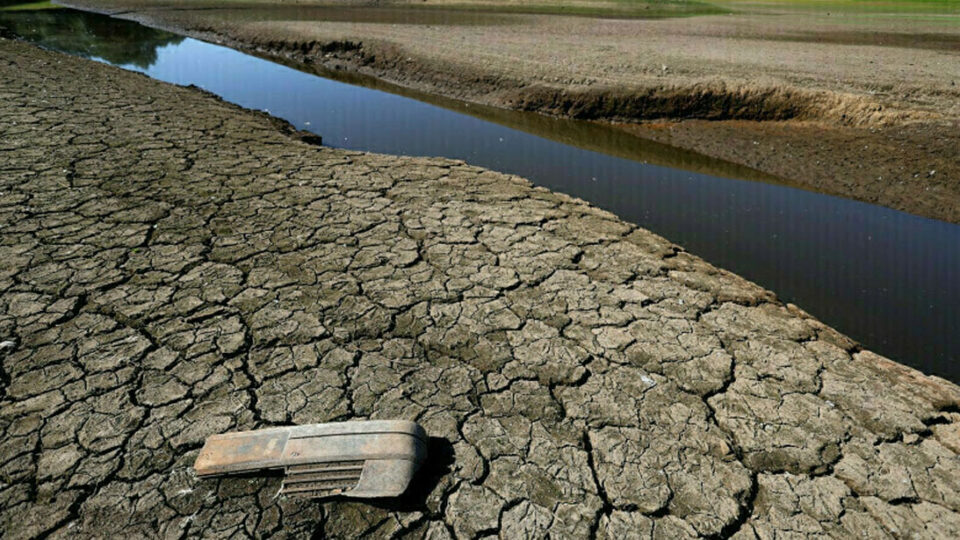UNOCHA Urges Pakistan to Strengthen Disaster Preparedness Amid Heavy Monsoon Warnings
ISLAMABAD / RAWALPINDI: The United Nations Office for the Coordination of Humanitarian Affairs (UNOCHA) has urged Pakistan to boost its disaster risk reduction strategies as the country faces increasing vulnerability to natural hazards.
The Pakistan Meteorological Department (PMD) has forecasted heavy monsoon rains, raising concerns over flash floods, landslides, and glacial lake outburst floods (GLOFs) in high-risk areas. Pakistan’s location along tectonic fault lines, coupled with climate variability, makes it highly susceptible to earthquakes, floods, droughts, and other disasters.
UNOCHA stressed the need to strengthen early warning systems, improve governance, and invest in community resilience to mitigate the impact of future emergencies. The report highlighted the devastating effects of past floods, including the 2022 floods, which affected over 30 million people and caused economic losses equivalent to nearly 6% of GDP.
The PMD has warned of another monsoon spell from August 14 to 22, which could trigger urban flooding in the northern regions, along with GLOFs, flash floods, and landslides in Gilgit-Baltistan and Khyber Pakhtunkhwa. Monsoon currents from the Arabian Sea are expected to continue pushing into Pakistan’s upper regions, increasing the risk of severe weather events.
Experts say urgent action is needed to protect communities, safeguard development, and reduce climate-related vulnerabilities across the country.

